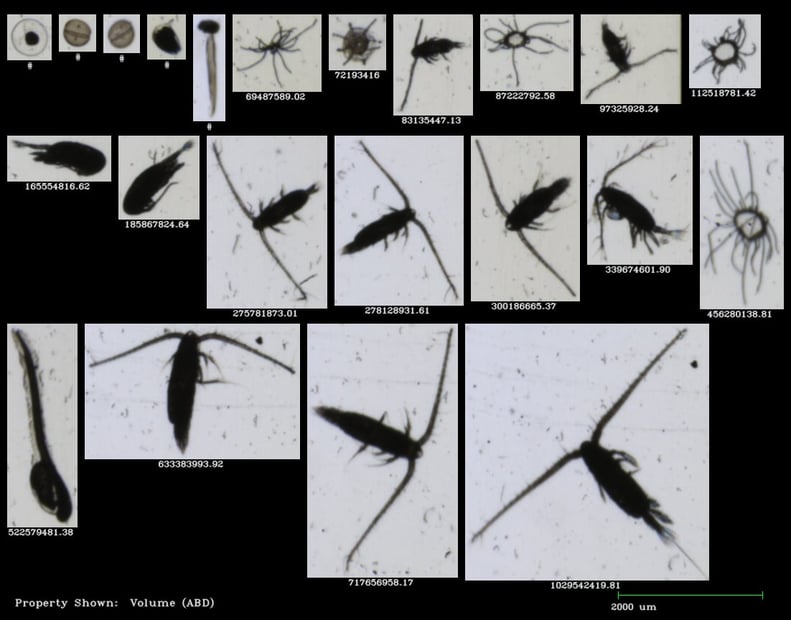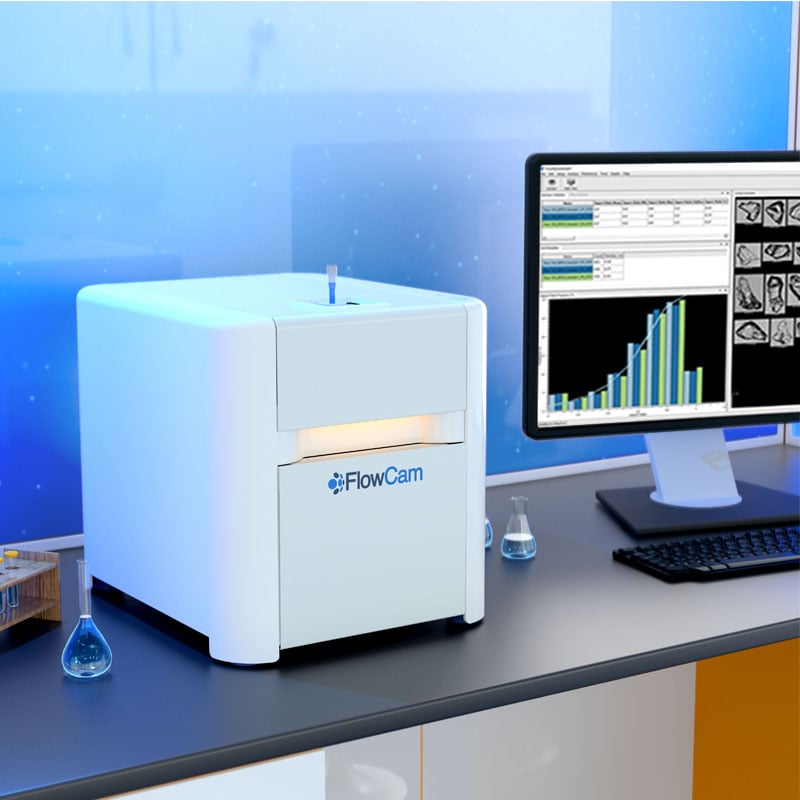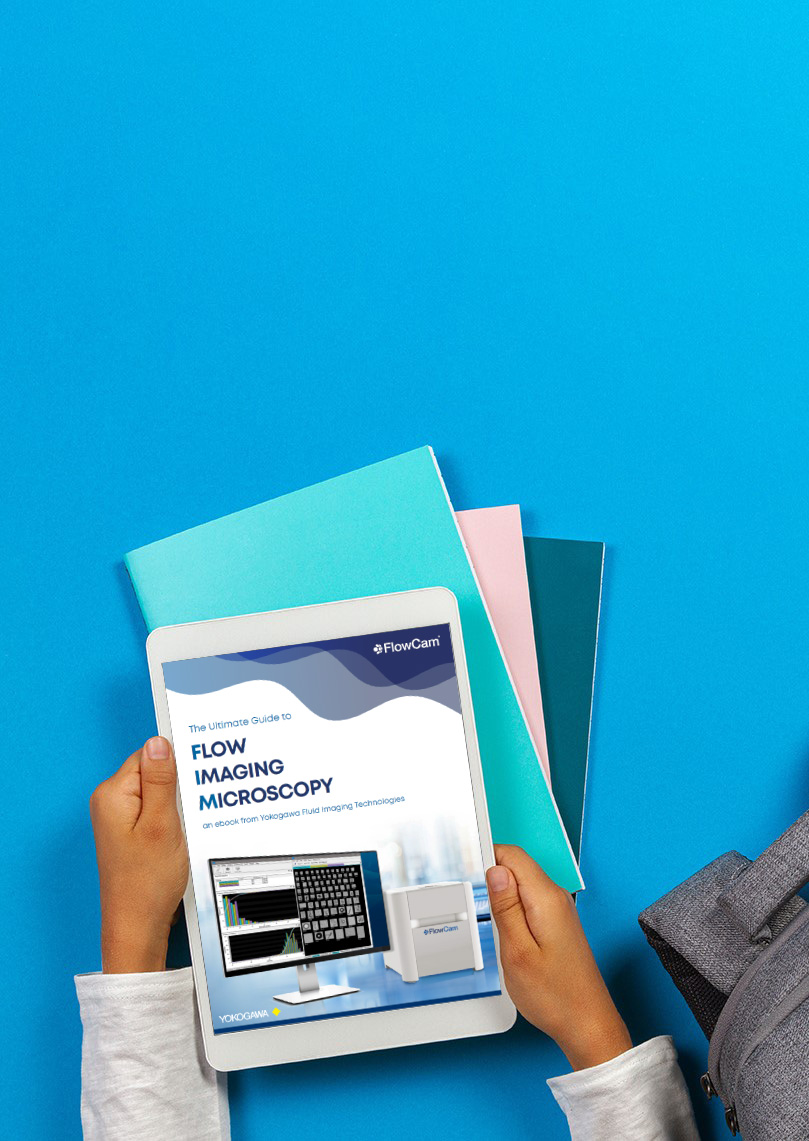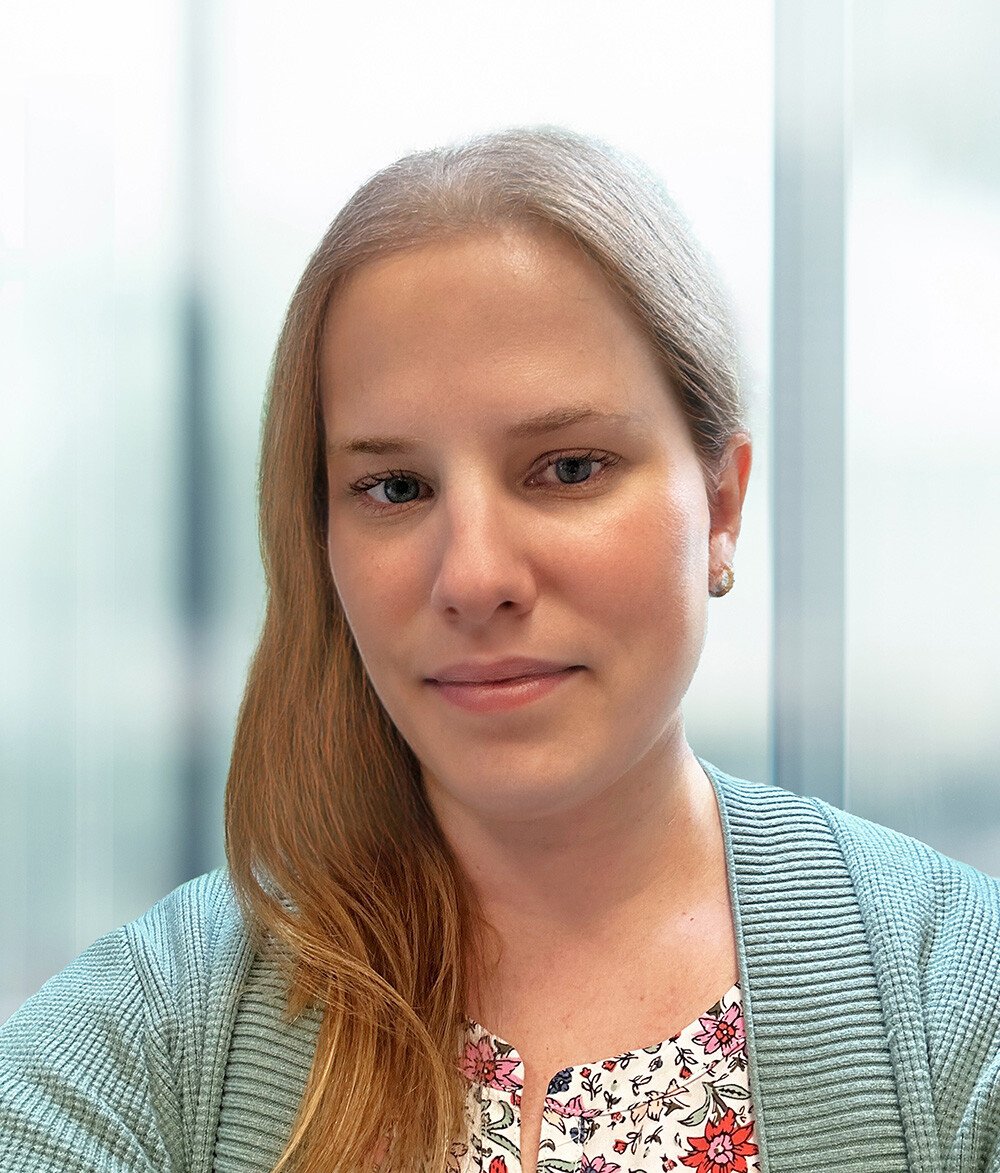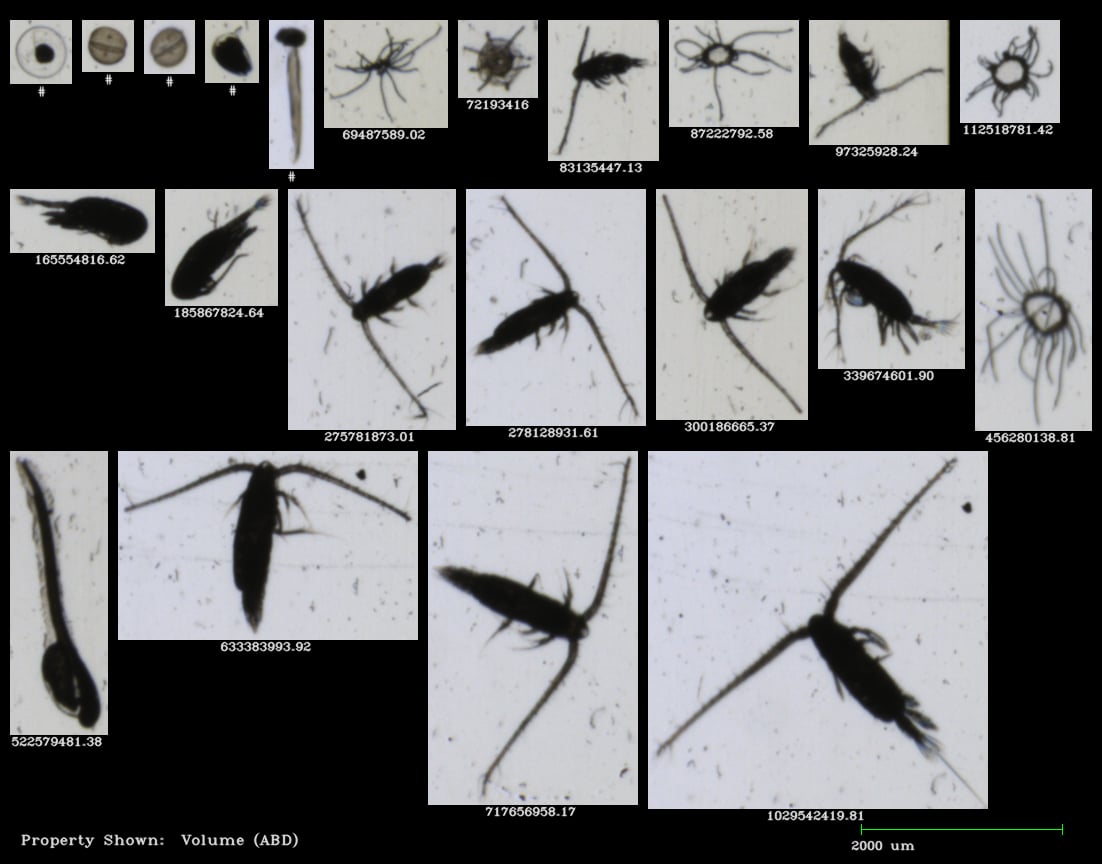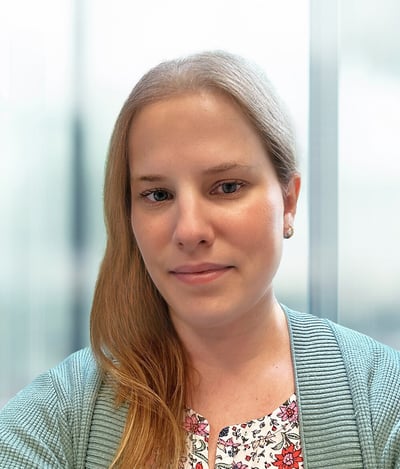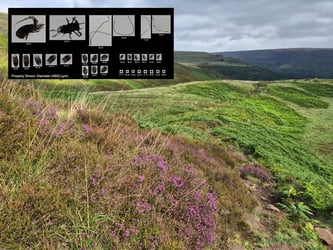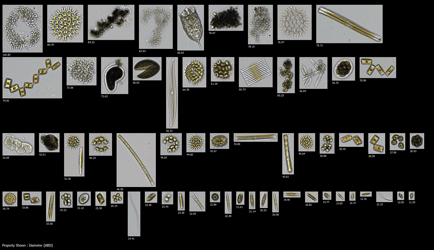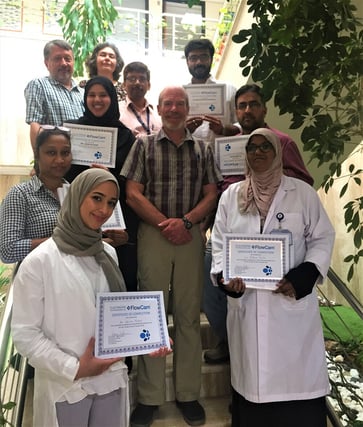
Earlier this month, Harry Nelson traveled to Kuwait to train employees of KISR (Kuwait Institute for Scientific Research) on their new FlowCam Macro, and their 2012 FlowCam VS4. Dr. Rakhesh Madhusoodhanan and his colleagues at the Oceanography Research Group are very excited to expand their research with the use of their new FlowCam.
In the words of Dr. Madhusoodhanan, "Despite being the most environmentally challenging marine ecosystem in the world, the Arabian/Persian Gulf is unique for its biological diversity. The myriad of anthropocentric activities (such as massive oil exploration and mining, heavy vessel traffic from cargo ships and oil tankers, ... etc), climate change-related wide seasonal variability in temperature (15-38ºC) ..., and frequent harmful algal blooms are all challenging the survival and very existence of many of these biological communities in this hypersaline marine basin.
We are using the FlowCam VS4 to study the spatio-temporal changes in phytoplankton and microzooplankton communities in ... the northwestern Arabian Gulf (NWAG). Prey-predator interactions in the pelagic microbial food-web and changes in their size-structure vis-à-vis carbon pathways in response to different environmental stressors and biological factors are the main focus of my research. The recent addition of the FlowCam Macro will strengthen our capabilities to address the microbial food-web dynamics with special focus on recruitment of fish larvae.
Our recent studies show a continuous decline in fishery stock in the NWAG. We proposed that the local decline in the fishery was linked to a reduction in the size-structure of plankton communities that affected the optimum prey-size availability for the post-larval stages of fish.
We are also in the process of setting up a mesocosm experimental facility at our research center as part of KISR’s five-year research plan. The FlowCams will be used extensively in multi-factorial experiments related to the synergistic impact of eutrophication, ocean acidification, and temperature and salinity increase on plankton food-web functioning. In the near future, we will be carrying both FlowCams to sea on board our new fishery and oceanography research vessel ‘ALMOSTAKSHIF’ (an Arabic name meaning ‘The Explorer’).
This will provide us an opportunity for a three-dimensional screening of the plankton communities (>3µm) in the entire Arabian/Persian Gulf in collaboration with other Gulf countries. The picoplankton community (0.2-3µm) will be screened using a flow cytometer available onboard. We are really excited about future research on board ALMOSTAKSHIF, where both FlowCams will be used to generate a better understanding of the Arabian Gulf ecosystem."
Pictured below: Images captured by the KISR team on the FlowCam VS4
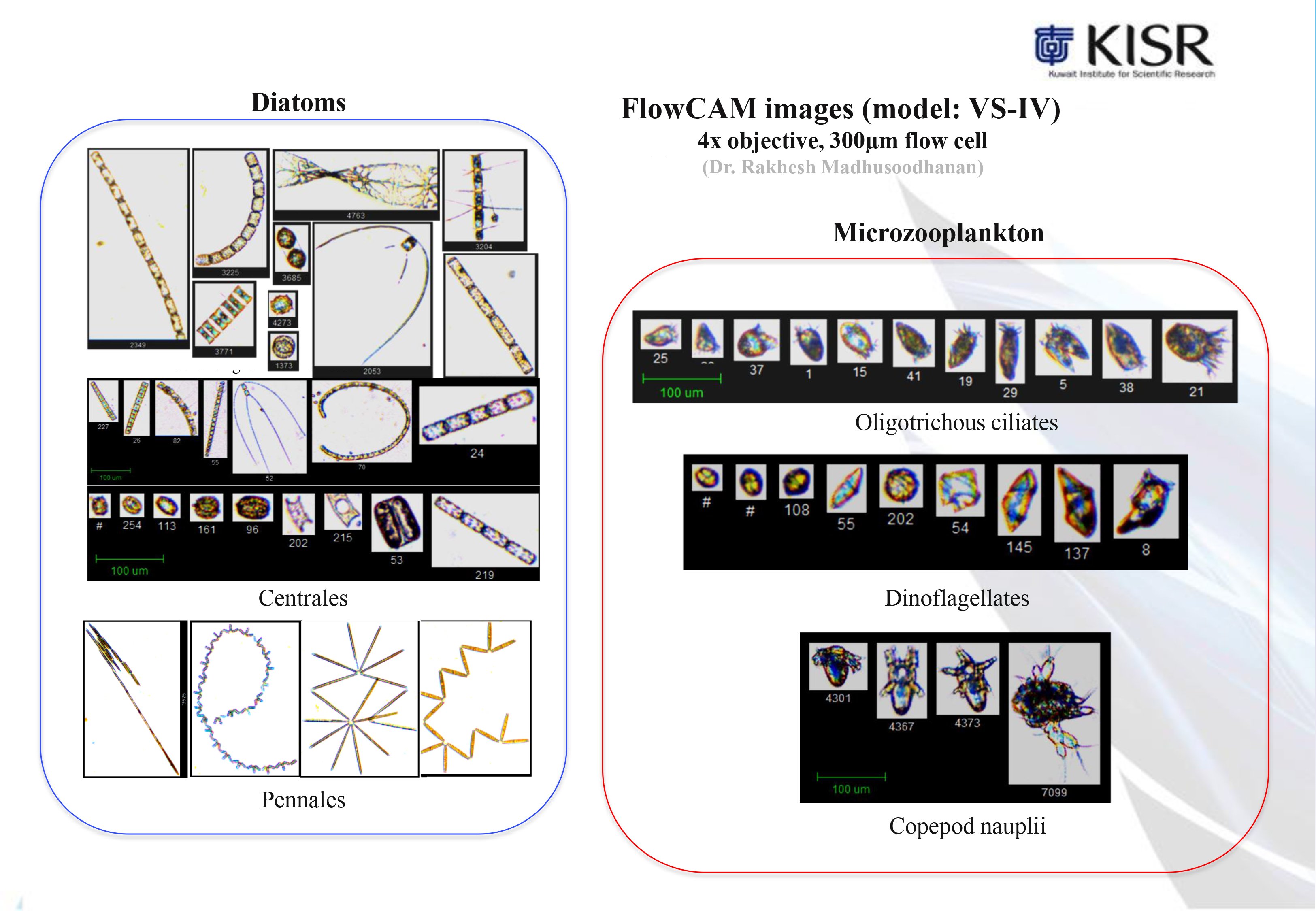
Pictured below: Mesozooplankton images captured by the KISR on the FlowCam Macro
